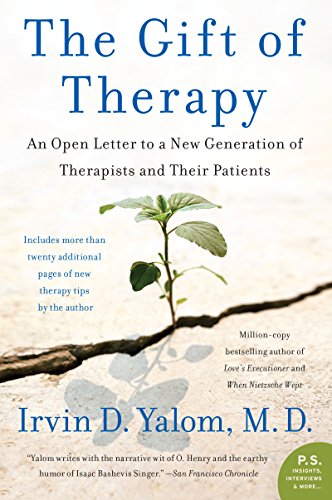Excellence
Have you ever bought a cheap item of clothing only to have it fall apart after a few wears?
The seams come undone, the material does not hold its shape after being washed, the color fades or bleeds. Every season, you find yourself replacing the same items, because the previous item had to be trashed. You are back at square one.
Now, have you ever invested in or received as a gift a piece of clothing or an accessory of excellent craftsmanship that has held up incredibly well? Perhaps it is a pair of leather boots you have worn for over a decade, which only look and feel better after being broken in. Or maybe it is a piece of gold jewelry you inherited from a parent or grandparent, the piece maintaining its inherent beauty and form.
If you are considering counseling, you have likely attempted to “fix” or solve whatever is ailing you. You have Googled the issue, you have perused the self-help section of the bookstore, you have set goals only to find yourself stuck in the same emotional rut. Quick-fixes and band-aids brought momentary relief, much like the t-shirt impulsively purchased and just as soon discarded. This is not to demean our efforts at self- improvement. This is to say that if we could have fixed or healed ourselves through these efforts, we would have done so already.
Early on, one of my first few clients said to me: “If my problem could be solved in 10 minutes, I wouldn’t be here.” This client understood there was not a three-step formula which was going to get them from where they were to a state of peace and contentment. They were not going to be satisfied with a temporary solution and they wanted to know if I would be willing and able to stay with them as they navigated these gray spaces. Could I sit in the tension with them as we discovered together what their healing might entail, even if it required much of both of us?
Excellence in therapy requires an investment of both therapist and client. The therapist must continue to invest in themselves through their education, as well as their own mental, emotional, spiritual, and physical health in order to provide quality services to the client. A therapist has to be committed to their own well- being in order to help facilitate a movement towards well-being on behalf of the client. For their part, the client makes an investment of time, money, and mental and emotional energy as they seek healing.
When we grab cheaply-made items on impulse, whether it be a t-shirt or the latest promise of a self-help book, we cannot expect them to stand the test of time or hold up well when challenges arise.
However, when we make a mindful decision to invest and commit to the process, we can be confident the changes brought about will be deeper and truer, even as they may be slower and messier and require more of us than we initially anticipated. Excellence reflects a commitment to do the hard work, trusting the process itself will change us and heal us. And therapy ensures we do not have to do that work alone.

